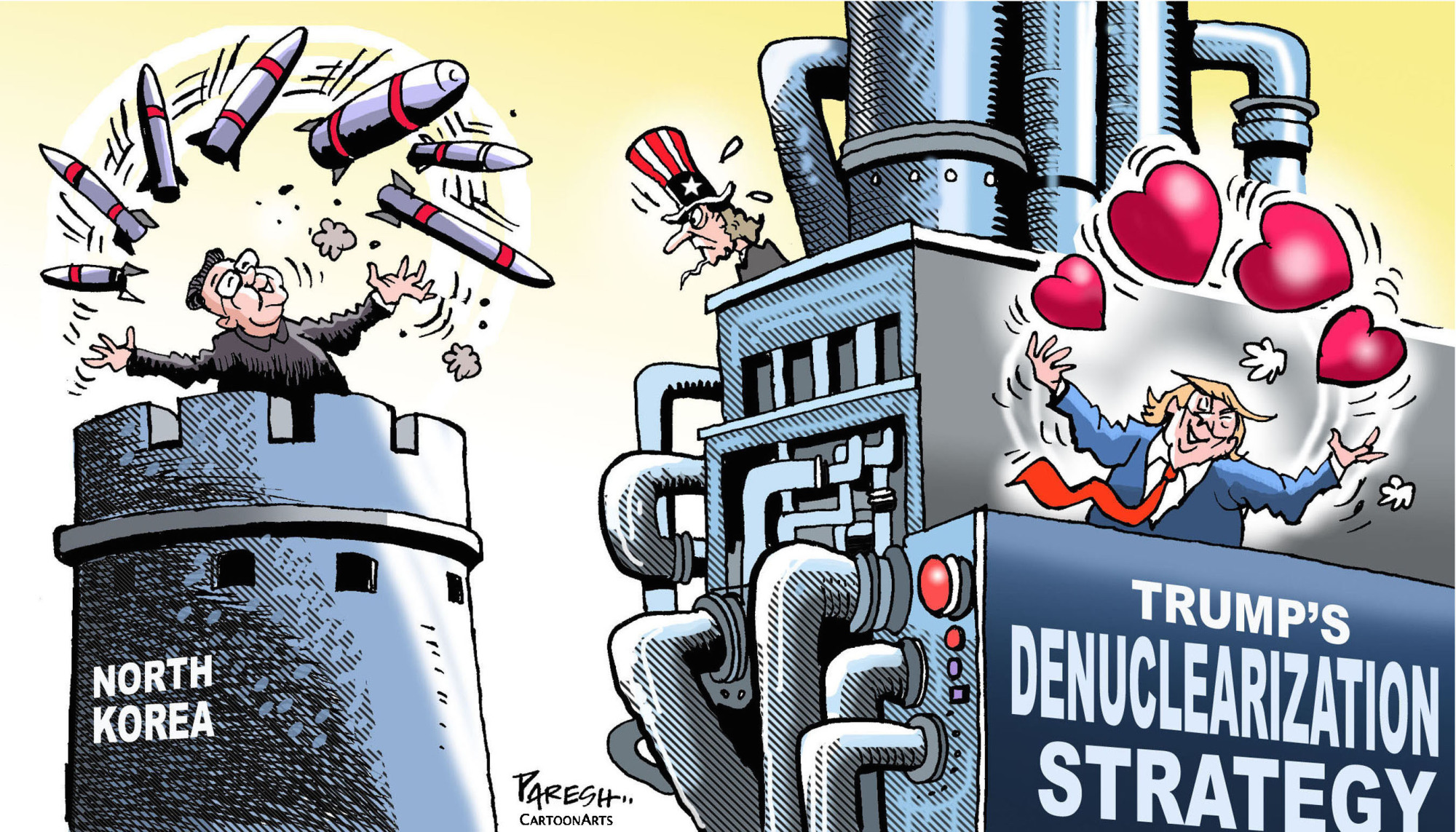After two years of essentially fruitless negotiations with Pyongyang, it seems justifiable to conclude that the era of North Korea acquiring nuclear-armed missiles has ended and given way to the era of North Korea as a permanent, de facto nuclear weapons state. While negotiations will continue, it is appropriate to raise the question of how this situation came about.
As a case study in international politics, what North Korea achieved is remarkable. The ancient and influential Greek historian Thucydides is celebrated for the concise wisdom of his observation that "the strong do what they will, and the weak suffer what they must," a summary of the neorealist view of international politics.
In this case the power gap between the "strong" United States and "weak" North Korea was immense. The U.S. economy was roughly 100 times the size of North Korea's, and the U.S. also boasted the world's most capable conventional military forces plus a nuclear arsenal that could have incinerated every North Korean city. Yet this comparatively small country managed, despite the superpower's awareness and opposition, to acquire a capability that made itself exponentially more potentially dangerous to the superpower.



